Abused At Home – Why We Allow It
ABUSED AT HOME – WHY WE ALLOW IT ~ ISSUE 193 ~ SEPTEMBER 22, 2015
By Diane Gold
 When we are abused at home, we make choices. Some of us remove ourselves from the situation, which seems sensible. Others do not or cannot. This essay talks about why we do not even want to remove ourselves from such a situation.
When we are abused at home, we make choices. Some of us remove ourselves from the situation, which seems sensible. Others do not or cannot. This essay talks about why we do not even want to remove ourselves from such a situation.
Aside from the very realistic fact that it might not be safe for us to remove ourselves, many of us do not want to remove ourselves from an abuse situation. Why?
1) WE’RE COMFORTABLE
We feel comfortable in our current position and know how difficult it is to change.
2) WE BELIEVE WE CAN’T FIND A BETTER SITUATION
We believe we can’t find a better situation than the one we have, which means we are not seeing ourselves as the worthwhile human beings we are.
3) THINGS ARE GETTING BETTER
We con ourselves into thinking things are getting better. Similar to forgetting the pain of pregnancy right after it happens, we forget the pain and reality of abuse until the next time. This helps us slip into the fantasy that things are getting better. They rarely are.
4) BLAME
We build up an entire list of blame. If we are the abused, this blame is usually directed at ourselves.
Personally, I do not believe that blame is helpful. People act the way they act based upon their principles. If our emotions from some event, person or ourselves cause us to act a certain way, we have chosen the course of action. Whether someone pulled our hair, called us names, was prejudiced because we were the wrong nationality is not relevant to the way we act, ultimately.
We make choices. They are ours alone. Pointing fingers may help us cope. There is no reality attached to the exercise.
5) FEAR OF FURTHER ABUSE
Fear of further abuse is another reason we freeze and stay after being abused. We may be afraid of anything from harassment to death from the abuser.
After speaking to the National Domestic Violence Hotline advocate, I am convinced that this is a huge issue and a stark reality that must be considered very carefully.
Unfortunately, the abuser is fixated on a pattern of anger and bullying. If the abused attempts to vacate the premises and the abuser sees this action, any tragically terrible thing might occur. So, caution must be used at all times.
6) FEAR OF KIDNAPPING
Fear for our children is common.
If there are children involved, we may maintain an abusive relationship so that we don’t put our children at risk of being kidnapped or hurt. However, anyone who lives a quality of life such as this is using despair as a motivator and needs to speak with a professional. As my comments in 5), it is very important to use the utmost caution.
7) OUR CULTURE DOESN’T SUPPORT PROTECTING US
Many cultures do not protect people from abuse. These cultures put certain demographics into slave-like positions, and speaking out or getting away might be deadly.
HOW TO GET OUT
Most readers, in the United States, anyway, are not in abusive situations. They would not choose a person consumed with anger in the first place. And, if they did, they would know that getting out would be the first preferred option at the first hint of such behavior. We all change all the time, though, and any one circumstance can make us lose our balance.
The moment we are abused is the moment for action. Everyone should know about it, including a therapist, our friends, a support group. Involving law enforcement is tricky because we may, deluded or not, not want to color someone’s record as an abuser or live in a place where the law does not protect us. (THINK ABOUT THAT! HOW LUCKY WE ARE WHO HAVE LEGAL PROTECTIONS.) And then there’s the reality of our abuser’s repercussions.
INTERVENTION
Most people who are abused find a way to remove themselves pronto (in protected countries, that is). But then there are those of us (even when the law is on our side) who hesitate, either because we are not safe or we deny we are abused.
But some of us who stay want to help our abuser or go for counseling together.
It’s important to know that we need to be separated first. We need to feel safe first. We need to know we are excellent before we can help someone else feel that way.
The only way we can help our abuser is to remove ourselves from the toxic situation. There is always time for looking at giving help once we have helped ourselves.
The most independent of us will walk out instantly from the smallest amount of abusive behavior (in protected countries). It is not to be tolerated in a mature and lasting relationship, and we see it and have the ability to leave. The less independent of us may cater to our feelings of disbelief, fear, poor self-worth, despair or the realities of financial instability, loving our lavish lifestyle, cultural pressure or not knowing where to go. Maintaining the status quo leads to continuation of abuse.
TRUE STORY
I lived with an abusive man (here in the United States, a protected country) with whom I also shared my livelihood. Everyone saw that I was treated as a dishrag, but I let it happen, in part, because I am hugely kind and compassionate and because it was easier to maintain the life than to change it.
I wanted to be understanding of this man’s brokenness. He had lived through his own wife’s paralysis from a drunken driver. Of course, this tragedy does not excuse abuse. And this, in part, was a great excuse on my part.
Having a martial arts school (which I had with the abuser), I was trained for combat. I thought I should be able to handle any physical abuse. Warrior training trains us for altercations, but abuse in the home is poisonous and must be removed.
I used excuse 1), being comfortable with what I had – or, at least, being comfortable enough to keep the status quo – and 3) things are getting better, which they clearly were not. Until, finally, the business was failing, and I did not resign the next lease. That helped me begin to be out.
ATTACHMENT
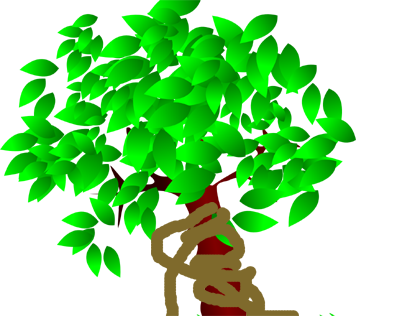 Attachment can truly entangle us. I am reminded of the Indian philosophy I studied at age 21 (Radha Soami). With that training and using what I have learned on the subject since then, I know attachment can consume us and hinder our ability to grow.
Attachment can truly entangle us. I am reminded of the Indian philosophy I studied at age 21 (Radha Soami). With that training and using what I have learned on the subject since then, I know attachment can consume us and hinder our ability to grow.
Picture a root system of a tree growing up around the tree and, ultimately, strangling the tree. Voila! Attachment. It may feel amazing, at times, like,
“Oh, honey. I can’t live without you,”
or it can be quite horrific when our honey treats us like a doormat, and we accept it.
Both of these examples are attachment. They both take a stranglehold.
CONCLUSION
We are wonderful. No matter what reasons we give ourselves for staying and being abused, put them aside, and work with professionals toward a situation in which you are safe. If we stay after one abuse, it will be harder to make a move after the second, after the third, and so on.
We CAN handle change, even if we think we can’t. We were born to withstand huge amounts of change.
We can do it!
We can do it!
We can do it!
ACTION STEPS
If abuse is happening or may be happening,
1) Call an advocate at the National Domestic Violence Hotline at 1-800-799-7233 OR 1-800-799-SAFE.
2) Tell the advocate your situation.
3) If you are not safe, do not do anything quickly to add fuel to a possible angry fire that is brewing inside the abuser, including making a phone call as in 1). You may have to plan your step when your abuser leaves and speak with a trained professional at a center who has experience. SAFE HORIZON in NYC has experience and may be able to help, even if you are not in NYC. 1-800-621-HOPE (4673), just in case the National 24/7 hotline is backed up.
4) If you know you are fairly safe and there are no weapons to fear, you may want to leave your premises to go for a walk to test whether or not you are safe.
5) If you have gone for your walk and your abuser has not followed, it is a good time to use the local resource phone number you have obtained from the national hotline while you are outside and away from earshot of your abuser.
6) If you are still on your walk and your abuser has not followed, you can call your local police department non-emergency number or 911 and talk to law enforcement. You may wish to speak with them away from the house unless you are sure you wish to file a complaint. Different jurisdictions have different rules. You may be able to speak with someone without filing a complaint. Others will require they write down the name of the abuser and will take action again her/him. Before you talk, you certainly have the right to ask which rule applies in your local area.
For purposes of this article, I called my local non-emergency policy number, and they are willing to speak to someone without having to file a report. Not all departments are that way.
![]()
If you wish to share your story, please hit reply in your email program to be contacted.
If you need habit help, go to warriorsofweight-consulting.
![]()
FEEDBACK
We value your feedback very much.
Please leave a comment below.
Please LIKE us on the website and at
WarriorsOfWeight on Facebook.
You can also follow us on Twitter @warriorsoweight.
Thanks.
![]()
DIANE GOLD, PUBLISHER AND AUTHOR
Diane Gold, Founder of Warriors of Weight, Turning Habits Into Health, is a mentor in tai chi, kung fu and meditation, a music, fitness and stress expert, dedicated mom, studying peaceful conflict resolution, habit replacement and certified in plant-based nutrition.
She has fallen prey to complacency, fear, slanted thinking at times in her life.
She says,
“When I write about ways that I have been, how I have handled life; I can see my life more clearly. Having allowed an abusive partner to call me names, scream in the house, strike me (whether I struck back or whether striking back is acceptable is not the point here), push me, disrespect me does not seem like what I would do. But, here’s the secret. We all have the ability for emotions to tie us up or set us free. We feel different ones at different times, and some of us may never experience some of them. But, we are all capable of all of them.
“I am the first person to be compassionate because we deserve that in our fellow humans. I am also the first one to realize disrespect – when it comes to others. When it came to seeing disrespect thrown at me daily, I saw it, but I excused it and feared change more than I feared being chastized. I had that entire root system entwined around my thinking.
“Now, I don’t. But, I included my own true story in case it helps one of you cope, speak, make a move, gather information, see your own truth.
“We are full of life and deserve to be treated like royalty. I don’t mean we deserve to be spoiled, although those who love us may want to spoil us. But we deserve to be around people who value us, people who show us respect, people who go out of their way for us, people who enjoy us.
“Let’s keep that in mind so that we lead the best lives possible.
“Finally, let’s take overall good care of ourselves because we are so worth it.”![]()

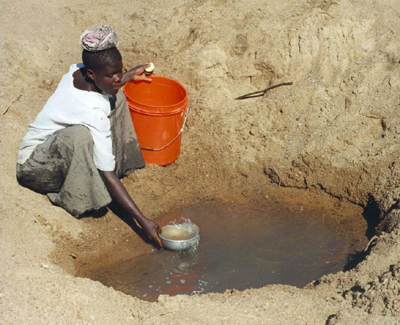 The reason I wrote this article was because I saw myself wasting water, even in the face of knowing that there is a water shortage. It really hit me when I had my own water shortage. I knew I was washing the dishes in my sink with the water running the entire time. I began to think that using a dishwasher, which my current residence lacks, might be more economical.
The reason I wrote this article was because I saw myself wasting water, even in the face of knowing that there is a water shortage. It really hit me when I had my own water shortage. I knew I was washing the dishes in my sink with the water running the entire time. I began to think that using a dishwasher, which my current residence lacks, might be more economical.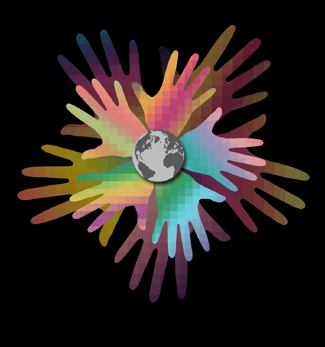 Some of us may not see there is a global water shortage. We don’t see 840,000,000 people in front of us every day who have no water. We say,
Some of us may not see there is a global water shortage. We don’t see 840,000,000 people in front of us every day who have no water. We say,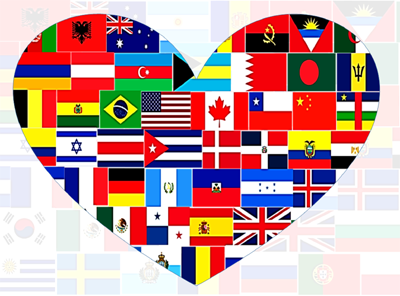 We forget quickly that we are part of one human family. If one part of our family is thirsty, then it is our responsibility to do something about it as if it were the people in our very house.
We forget quickly that we are part of one human family. If one part of our family is thirsty, then it is our responsibility to do something about it as if it were the people in our very house. We could balance the water shortage by eating plants. That would allow everyone to have more water. According to everything I learned in my courses to become Certified in Plant-Based Nutrition, eating plants would prevent a bunch of chronic diseases and suffering; and it is not necessary to eat animal protein and most of us in the Western world are over-consuming protein.
We could balance the water shortage by eating plants. That would allow everyone to have more water. According to everything I learned in my courses to become Certified in Plant-Based Nutrition, eating plants would prevent a bunch of chronic diseases and suffering; and it is not necessary to eat animal protein and most of us in the Western world are over-consuming protein.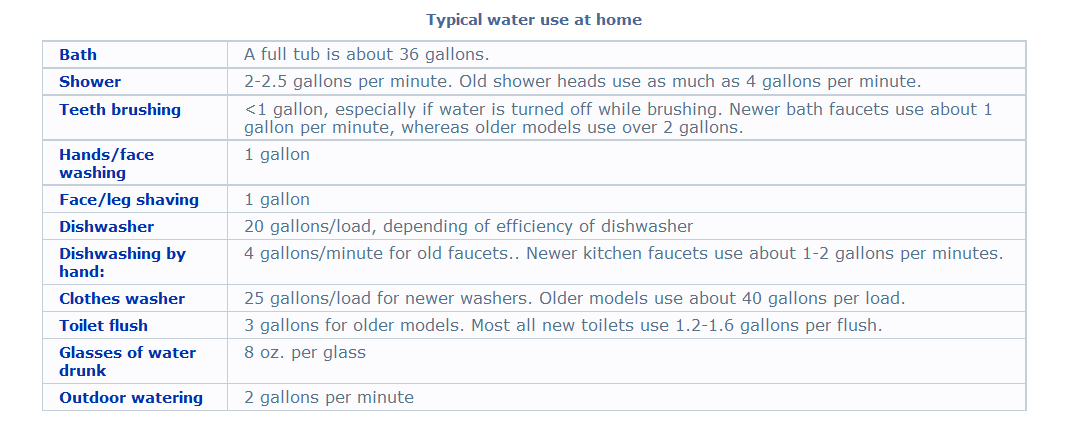
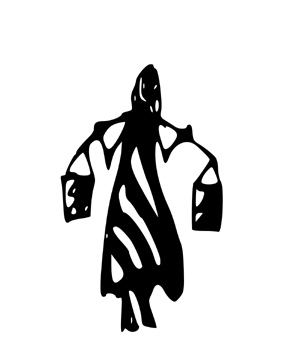 According to the April 29, 2011 article by Laurie Ure for CNN, nearly 1 billion people walk 3.5 miles a day to fill their jerry can to bring water home for the family. How often do those people get to their water source only to find a water shortage or a source that is dried up, closed, contaminated, unavailable? Something to think about.
According to the April 29, 2011 article by Laurie Ure for CNN, nearly 1 billion people walk 3.5 miles a day to fill their jerry can to bring water home for the family. How often do those people get to their water source only to find a water shortage or a source that is dried up, closed, contaminated, unavailable? Something to think about.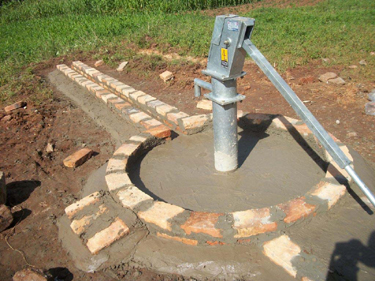 Although there is water shortage, there are areas worldwide that can access water with the right equipment. World Water Day, March 22 2015, celebrates water and our awareness that it is not forever. If you wish to donate to build a well so that 500-1000 people can have access to groundwater near their home in Africa for 10 years, please do it at:
Although there is water shortage, there are areas worldwide that can access water with the right equipment. World Water Day, March 22 2015, celebrates water and our awareness that it is not forever. If you wish to donate to build a well so that 500-1000 people can have access to groundwater near their home in Africa for 10 years, please do it at: 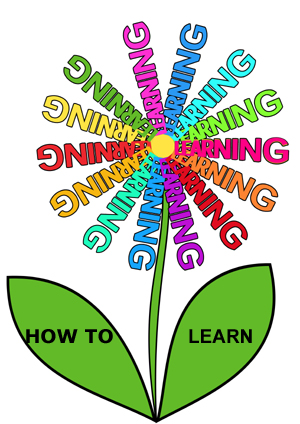 I can’t stress enough the importance of learning how to learn and how important it is to teach this from the start. Whether we are raised through education at home or by going to public or private school, one thing stands out: we each see through a different set of eyes. And our biggest mistake is not making first learners aware so they can decide for themselves the bias of their lessons. Learning How To Learn
I can’t stress enough the importance of learning how to learn and how important it is to teach this from the start. Whether we are raised through education at home or by going to public or private school, one thing stands out: we each see through a different set of eyes. And our biggest mistake is not making first learners aware so they can decide for themselves the bias of their lessons. Learning How To Learn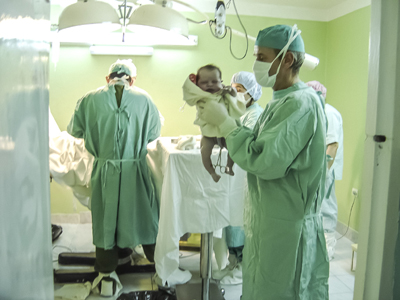 I am the first one to have blind faith and that most of us are good, nurturing and positive. The faith I would blindly follow, though is the understanding that we are all human, and humans, sometimes, without even knowing it, have internal agendas. When we are just born, we have not been influenced enough to be deceitful. After that, we can trust that the human spirit can be fickle. We can be blindly faithful in knowing that we all do our best to pass on the lesson, although doing our best usually includes our being influenced by how we have chosen to perceive the world.
I am the first one to have blind faith and that most of us are good, nurturing and positive. The faith I would blindly follow, though is the understanding that we are all human, and humans, sometimes, without even knowing it, have internal agendas. When we are just born, we have not been influenced enough to be deceitful. After that, we can trust that the human spirit can be fickle. We can be blindly faithful in knowing that we all do our best to pass on the lesson, although doing our best usually includes our being influenced by how we have chosen to perceive the world.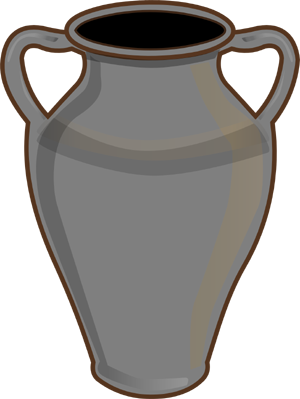
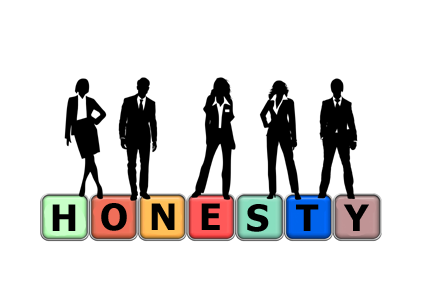 Let’s say we are going to hear a panel on whether it’s a good idea to genetically modify foods. As at any debate, we would hope to have all views present. In this case, the head speaker is the director of genetically modified foods industry, one panelist is in that person’s pocket and the third panelist is known not to speak out about GMOs.
Let’s say we are going to hear a panel on whether it’s a good idea to genetically modify foods. As at any debate, we would hope to have all views present. In this case, the head speaker is the director of genetically modified foods industry, one panelist is in that person’s pocket and the third panelist is known not to speak out about GMOs. In order to work this idea of emptying ourselves so that we can fill ourselves with knowledge, a basic learning how to learn principal; we must come up with some trust system by which we live. The one I live by is that we blindly believe that we all do our best, but we are not perfect and show understanding when someone else is not or when we, ourselves, are not.
In order to work this idea of emptying ourselves so that we can fill ourselves with knowledge, a basic learning how to learn principal; we must come up with some trust system by which we live. The one I live by is that we blindly believe that we all do our best, but we are not perfect and show understanding when someone else is not or when we, ourselves, are not.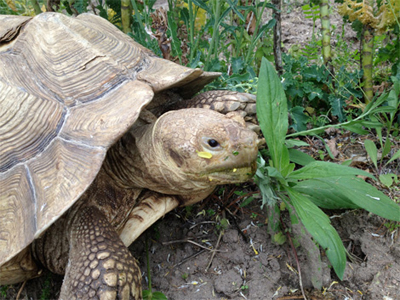 Let’s talk about Extinction and Loss Of Species, and are we responsible?
Let’s talk about Extinction and Loss Of Species, and are we responsible? There needs to be a correction, and also modification of a particular concept, to the recently published article I had written for the North American Vegetarian Society (“Meat: no longer just a factory farm issue” in Vegetarian Voice 2012) regarding biodiversity loss.
There needs to be a correction, and also modification of a particular concept, to the recently published article I had written for the North American Vegetarian Society (“Meat: no longer just a factory farm issue” in Vegetarian Voice 2012) regarding biodiversity loss.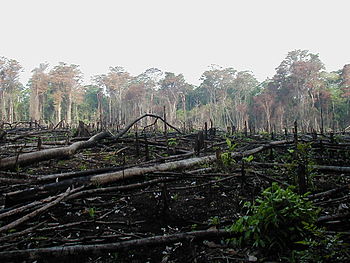 1) We are losing species of life as well as ecosystems on Earth at an unprecedented and alarming rate, estimated to be anywhere between 1,000 and 10,000 times the “background rate”—that which had been seen for the previous several thousands of years. Therefore, it is this massive rate of extinction rather than number of loss that becomes a more meaningful metric and cause for concern.
1) We are losing species of life as well as ecosystems on Earth at an unprecedented and alarming rate, estimated to be anywhere between 1,000 and 10,000 times the “background rate”—that which had been seen for the previous several thousands of years. Therefore, it is this massive rate of extinction rather than number of loss that becomes a more meaningful metric and cause for concern.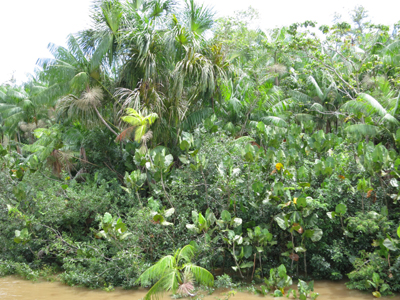 2) It is difficult, if not impossible, to accurately predict the number of species loss per year because of a number of factors. One of the largest unknowns is the exact amount of species that we have on earth, which is a needed component when attempting to determine total numbers of species loss when using an extinction prediction equation. This is one of the reasons the Species Area Curve Relationship method of extinction calculation has led to speculation and wide ranges of numbers of extinct species.
2) It is difficult, if not impossible, to accurately predict the number of species loss per year because of a number of factors. One of the largest unknowns is the exact amount of species that we have on earth, which is a needed component when attempting to determine total numbers of species loss when using an extinction prediction equation. This is one of the reasons the Species Area Curve Relationship method of extinction calculation has led to speculation and wide ranges of numbers of extinct species.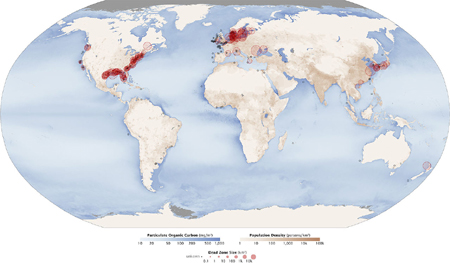 There has been widespread thought that marine species were more resilient to extinction and our further exploitation. However, there is finally a growing amount of evidence that fish and wildlife in our oceans are as, or more, vulnerable to extinction than many terrestrial and freshwater species. Extinction – Fish Vulnerable To Extinction
There has been widespread thought that marine species were more resilient to extinction and our further exploitation. However, there is finally a growing amount of evidence that fish and wildlife in our oceans are as, or more, vulnerable to extinction than many terrestrial and freshwater species. Extinction – Fish Vulnerable To Extinction
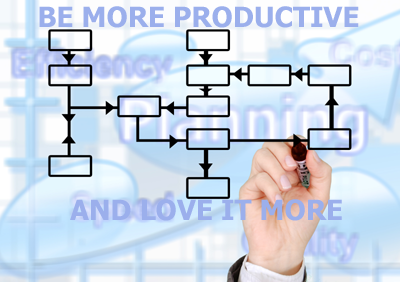 To be more productive and love it more, (1), because we actually will be making a critical difference and (2), because we will be having a great time doing it, is a common aspiration. Who can make that happen, though? There are so many compromises and lots of complicated layers to everything.
To be more productive and love it more, (1), because we actually will be making a critical difference and (2), because we will be having a great time doing it, is a common aspiration. Who can make that happen, though? There are so many compromises and lots of complicated layers to everything. Let’s say we wish to manage a project, but no one has assigned us this role. We can create our own project so that we create our own role as project manager. This can be done as part of what we do for our daily livelihood or as our own personal project. It can be for 1 minute a day. Everyone has that much time. It can also be for an hour.
Let’s say we wish to manage a project, but no one has assigned us this role. We can create our own project so that we create our own role as project manager. This can be done as part of what we do for our daily livelihood or as our own personal project. It can be for 1 minute a day. Everyone has that much time. It can also be for an hour.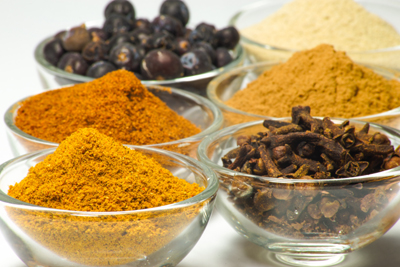 When we make our own food, we are caring for ourselves. We get to create nutritious art plus we get to make ourselves healthy by choosing ingredients that include vitamins, minerals, nutrients and phytonutrients that fortify us from harm and make us strong.
When we make our own food, we are caring for ourselves. We get to create nutritious art plus we get to make ourselves healthy by choosing ingredients that include vitamins, minerals, nutrients and phytonutrients that fortify us from harm and make us strong.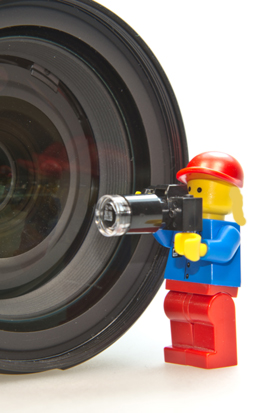
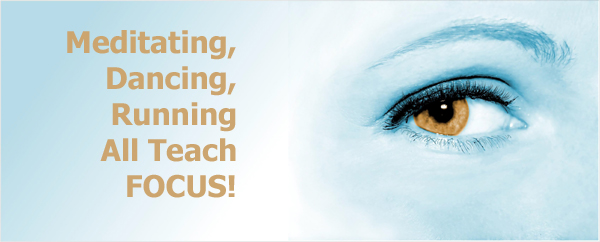
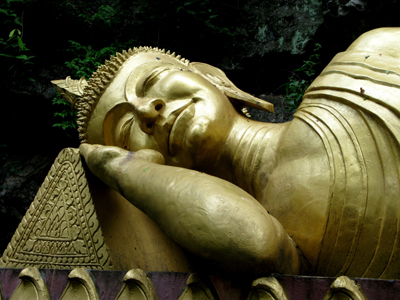 This one seems easy. Because we have such full days, we sometimes tend to overdo it before settling down to sleep. At these times, we might find we have not left enough sleep time to feel rested and awesome for our next day.
This one seems easy. Because we have such full days, we sometimes tend to overdo it before settling down to sleep. At these times, we might find we have not left enough sleep time to feel rested and awesome for our next day. Making a difference is certainly subjective. There’s no disputing, though, that every move we make changes something. While one person might plant spices to get personal produce, someone else might be a mentor in a literacy program and another someone else might create a way to keep food stored more efficiently. Yet another person might be the clerk in a grocery store or someone’s car washer.
Making a difference is certainly subjective. There’s no disputing, though, that every move we make changes something. While one person might plant spices to get personal produce, someone else might be a mentor in a literacy program and another someone else might create a way to keep food stored more efficiently. Yet another person might be the clerk in a grocery store or someone’s car washer.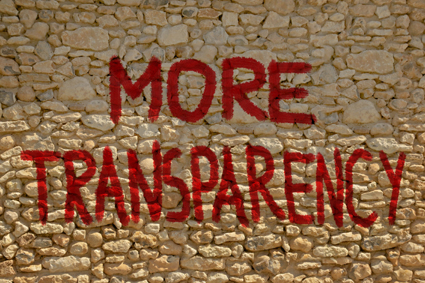 Food labeling is big, because, in order to notice what we eat, we have to know what’s in and on our food. And, our regulating agency, the Food & Drug Administration, has a slow and archaic way of labeling so that most of us don’t know what’s in and on our food. The chemical name for an ingredient doesn’t tell us if it is derived from animal, plant, microbe or a synthetic substance, and, wax coatings on produce don’t have a requirement to be as specific as I would like.
Food labeling is big, because, in order to notice what we eat, we have to know what’s in and on our food. And, our regulating agency, the Food & Drug Administration, has a slow and archaic way of labeling so that most of us don’t know what’s in and on our food. The chemical name for an ingredient doesn’t tell us if it is derived from animal, plant, microbe or a synthetic substance, and, wax coatings on produce don’t have a requirement to be as specific as I would like.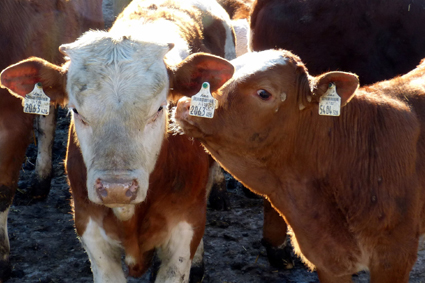 One of the most important things to me is to make certain people realize that every time we make a choice, we effect something. This includes the space in which we live, the air we breathe, the water we need, our forests and jungles and the other creatures with whom we share the planet. When we farm animals, we are using their lives at our whim. Plus, if all we care about is human advantage, animal agriculture depletes more resources than anything else. So we are not protecting our own interests.
One of the most important things to me is to make certain people realize that every time we make a choice, we effect something. This includes the space in which we live, the air we breathe, the water we need, our forests and jungles and the other creatures with whom we share the planet. When we farm animals, we are using their lives at our whim. Plus, if all we care about is human advantage, animal agriculture depletes more resources than anything else. So we are not protecting our own interests.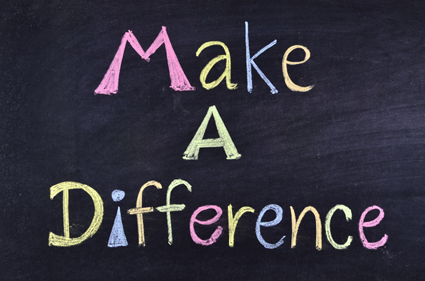
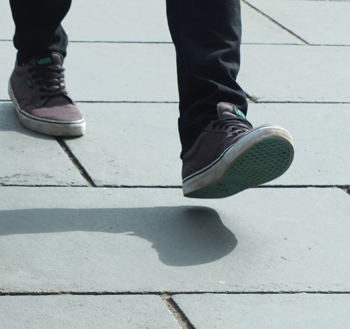 The secret of habit change is to step. No one’s saying it’s easy. I am saying it’s not complex. I don’t care how many times we’ve heard the idea that we have to believe in ourselves to motivate or have a positive mental attitude to get it done; it’s just not true. It may be an easier road, but that may not be our reality. And, once we step; we will believe and motivate.
The secret of habit change is to step. No one’s saying it’s easy. I am saying it’s not complex. I don’t care how many times we’ve heard the idea that we have to believe in ourselves to motivate or have a positive mental attitude to get it done; it’s just not true. It may be an easier road, but that may not be our reality. And, once we step; we will believe and motivate. The secret reality is that we can take a step even when:
The secret reality is that we can take a step even when: 3)
3)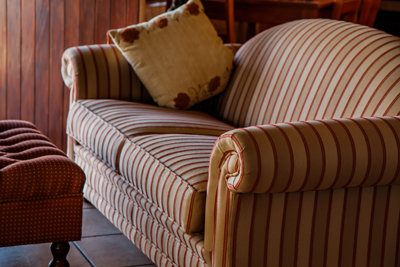 Motivation to change, self-belief, balance, pain and joy do not enter into these scenarios. Commitment to military protocol or a belief system has caused people to delay the object of addiction. More comfortable living conditions have caused people to delay getting the object of addiction. And finally, the concept of the thrill of receiving an increased amount of the object of addiction was an excellent motivator.
Motivation to change, self-belief, balance, pain and joy do not enter into these scenarios. Commitment to military protocol or a belief system has caused people to delay the object of addiction. More comfortable living conditions have caused people to delay getting the object of addiction. And finally, the concept of the thrill of receiving an increased amount of the object of addiction was an excellent motivator.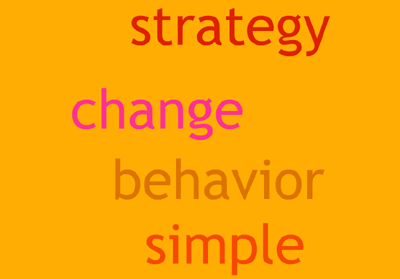 A new behavior change strategy is always a good thing to have in one’s basket of tricks. Making one, immediate, small change in our habitual behavior is the key to making it happen.
A new behavior change strategy is always a good thing to have in one’s basket of tricks. Making one, immediate, small change in our habitual behavior is the key to making it happen.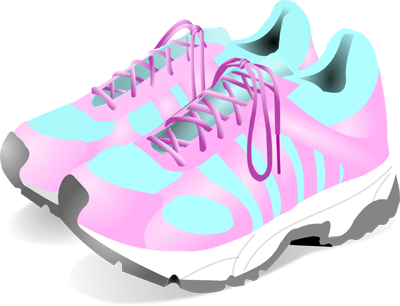
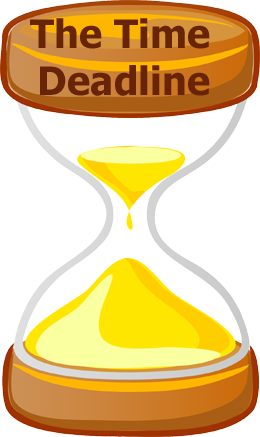
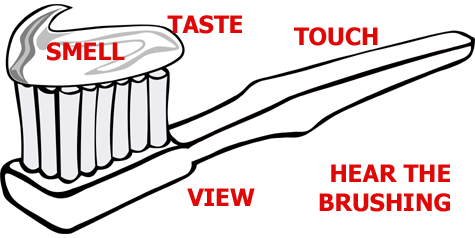 So, what is this simple strategy? It requires 2 things and a little water would be nice. They are a toothbrush and toothpaste, which we can be carried portably. Brushing the teeth when an urge strikes will change our smell, taste, view, sound and touch.
So, what is this simple strategy? It requires 2 things and a little water would be nice. They are a toothbrush and toothpaste, which we can be carried portably. Brushing the teeth when an urge strikes will change our smell, taste, view, sound and touch.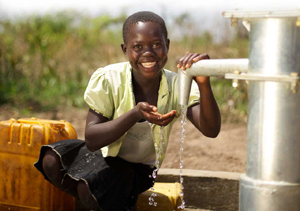 WarriorsofWeight.com Water Campaign For Thanksgiving is a mission to build a well for 500-1,000 people to give them access to a clean water supply for 10 years,
WarriorsofWeight.com Water Campaign For Thanksgiving is a mission to build a well for 500-1,000 people to give them access to a clean water supply for 10 years, 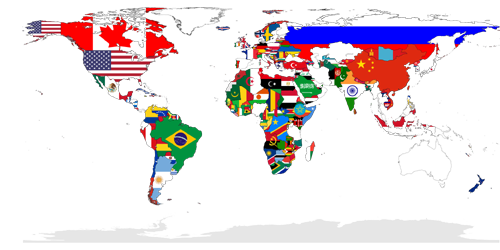 Can we look at it this way? Each of us, in whatever countries we are, has chosen to build water systems around borderlines, within the boundaries of our own country or union of countries. This is how we’ve always done it. We take care of our own. It doesn’t mean this is the way to continue to do it, should we choose to think of everyone as our own.
Can we look at it this way? Each of us, in whatever countries we are, has chosen to build water systems around borderlines, within the boundaries of our own country or union of countries. This is how we’ve always done it. We take care of our own. It doesn’t mean this is the way to continue to do it, should we choose to think of everyone as our own.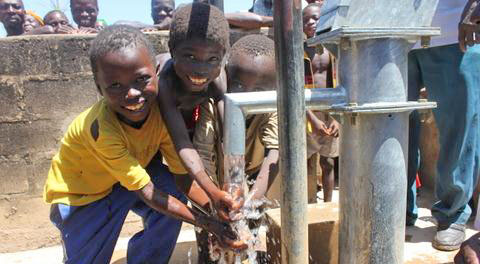
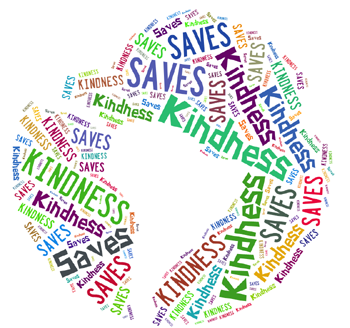 Be someone’s vitamin and let kindness save us from our every day habit of rushing. What if we spared one minute for someone else? And what if we started to do this on a daily basis?
Be someone’s vitamin and let kindness save us from our every day habit of rushing. What if we spared one minute for someone else? And what if we started to do this on a daily basis?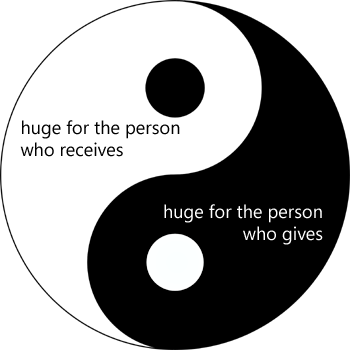 Let’s look from a different perspective. What if we needed someone’s time that would mean the difference between life and death: help making a decision about how worthwhile our life was or help deciding whether or not to leave on a round-the-world cruise when the seasick medicine didn’t work from the start or help evaluating a crucial decision in the life of our child.
Let’s look from a different perspective. What if we needed someone’s time that would mean the difference between life and death: help making a decision about how worthwhile our life was or help deciding whether or not to leave on a round-the-world cruise when the seasick medicine didn’t work from the start or help evaluating a crucial decision in the life of our child.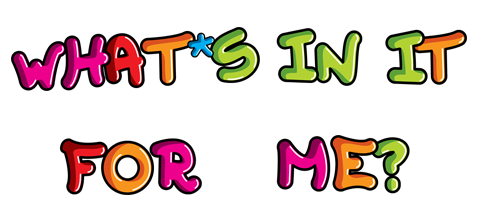 As with so many things, we ask what the personal benefit is. It’s nice that we can use the standard, if not overused, buzzwords,
As with so many things, we ask what the personal benefit is. It’s nice that we can use the standard, if not overused, buzzwords,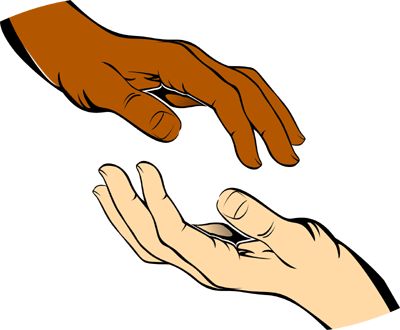 When we are doing the act of giving, we have slowed down and stopped our rushing.
When we are doing the act of giving, we have slowed down and stopped our rushing.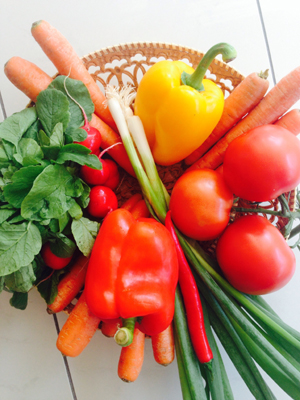 Take the time to say hello to someone who lives outside or who looks unhappy and could use a smile. This nourishes like a vitamin. I would suggest doing this in public during daylight hours, so there is no chance you will become a victim for your kindness. Many people thrive on that one smile or that one kind word. One kind hello probably takes less than 5 seconds. That would leave 86,370 seconds more in the day. Can we spare it? Even if we took an entire minute to show human decency to someone, that would leave 1439 and a half other minutes in our day.
Take the time to say hello to someone who lives outside or who looks unhappy and could use a smile. This nourishes like a vitamin. I would suggest doing this in public during daylight hours, so there is no chance you will become a victim for your kindness. Many people thrive on that one smile or that one kind word. One kind hello probably takes less than 5 seconds. That would leave 86,370 seconds more in the day. Can we spare it? Even if we took an entire minute to show human decency to someone, that would leave 1439 and a half other minutes in our day.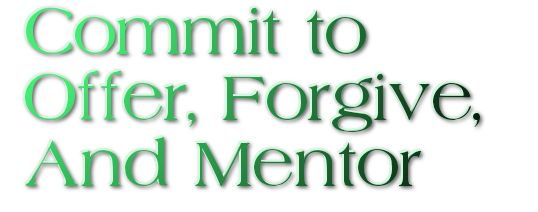 1)
1)





